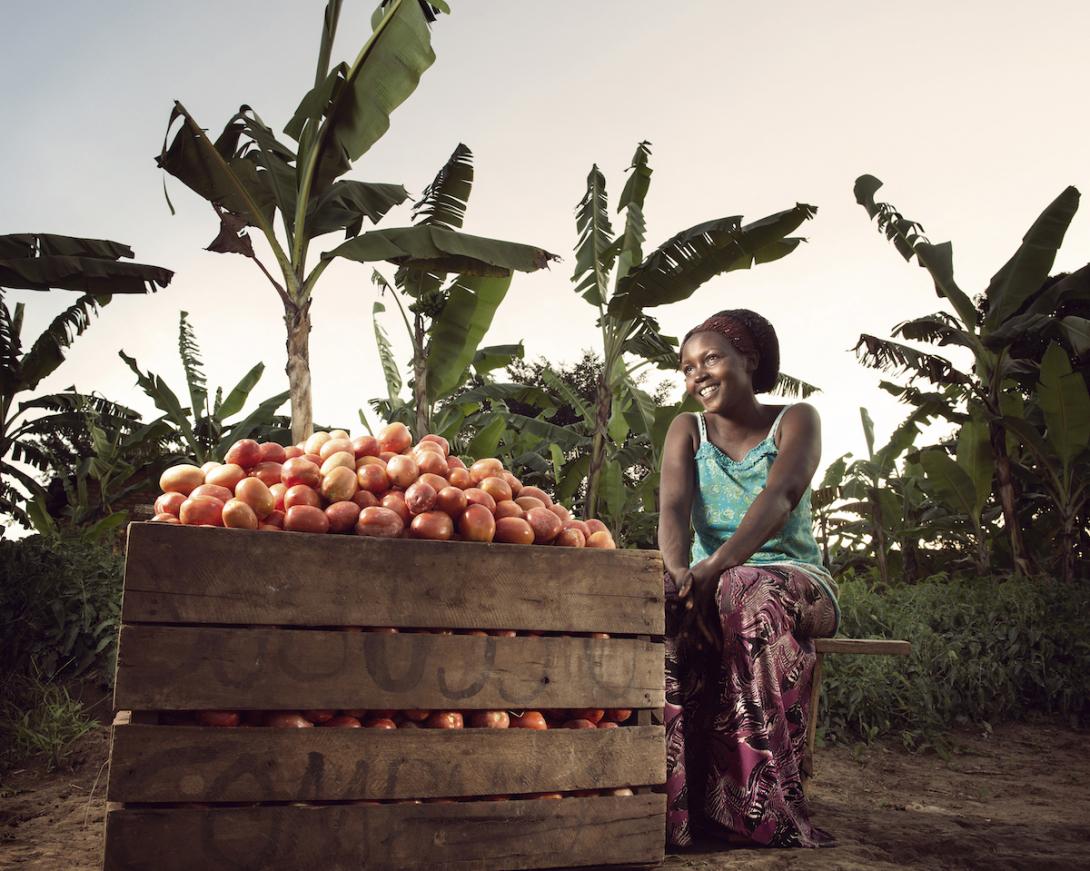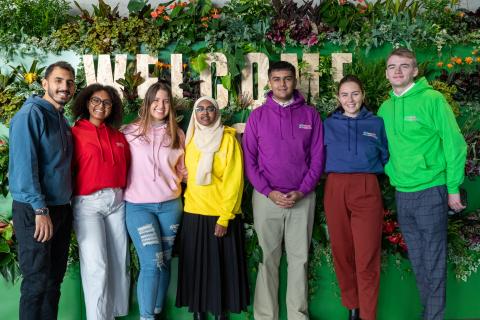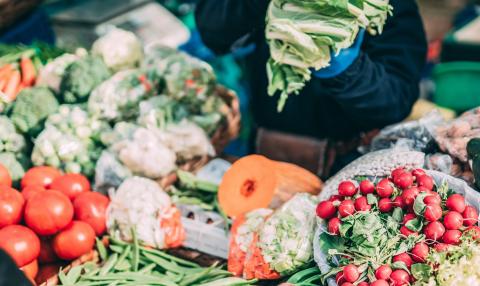02 October 2021
2021 - a seminal year for food policy

At World Food Day last year Antonio Guterres, Secretary General of the United Nations, announced that there would be a Food Systems Summit in 2021. The purpose of the Summit, which takes place today, is to deliver progress on all 17 of the SDGs through a food systems approach. This isn’t the only event taking place this year, not long after the UNFSS is the UN Biodiversity Conference (COY16), followed by the UN Climate Change Conference (COP26) and to round it all off, Nutrition for Growth. As food is at the nexus of virtually all of these issues, these international events provide campaigners like ourselves with a great opportunity to showcase to governments the importance of having both sustainable and healthy diets, for the health of people and planet.

The UNFSS has demanded a great deal of time and energy, partly due to the complexity of the subject it is trying to tackle and partly due to the convoluted processes set up to try and ensure everyone’s voices are heard. Five Actions Tracks (broadly around: access to safe and healthy food, shifting consumption patterns, nature-based production, equitable livelihoods and resilience) sifted through hundreds of ‘Game Changing Solutions’ and boiled them down into ‘Solutions Clusters’. Alongside this were global, member state and independent ‘Food System Summit Dialogues’ (UNFSSDs). The synthesis from the UNFSSDs and Solutions Clusters, are what informed the eventual Action Areas (not to be confused with the original Action Tracks, that also still exist), from which several Coalitions have now been formed. Confused? So is everyone else. Where the coalitions are at now is to try and wrangle a global group of stakeholders who have the same goal but different agendas for how to get there, into a coherent and realistic action plan.
With so many processes, coalition meetings and terminologies in place, it can be easy to lose sight of the original purpose of what we are trying to achieve, but for us at The Food Foundation it really boils down to showcasing to Government the importance of having both sustainable and healthy diets. Secondary to that is the opportunity to join an international network of like-minded organisations in other countries who we can collaborate with on joint campaigns for global food systems change. Our international collaborations broadly break down into three workstreams:
- Act4Food Act4Change. We are supporting a group of youth activists to develop a campaign that will raise the profile of the importance of food systems issues amongst their peers whilst encouraging governments and businesses in their own countries to fix our food system. The campaign consists of two parts, a pledge which anyone can sign, and a list of actions that young people want governments and businesses to take. Young people have been creating this list of actions and has grown massively in the short six months it has been going. To date there are 66,000 pledges, 45,000 votes, more than 100 youth advocates and a committed core group of 30 youth who are leading the overall campaign. The global consultation we have been running to develop the Actions 4 Change are what has informed the Youth Declaration that will presented to the Secretary General at the UNFSS today.

- An International Benchmarking Coalition. The Food Foundation and The World Benchmarking Alliance (WBA) have been collaborating on an aligned methodology for assessing companies across the food and agriculture value chain on their progress towards food systems transformation. The Food Foundation’s ‘national spotlight’ methodology (Plating Up Progress) has been tried and tested in the UK for the last 3 years, during that time 9 out of the 26 businesses benchmarked have improved business practice. Our benchmark is purposefully aligned with the WBA’s global methodology, so that national companies that aren’t picked up by their benchmark (they review the 350 largest companies) are assessed in the same way. We want to develop a toolkit that can be implemented in low- and middle- income countries (LMICs). This approach was selected as a ‘Game Changing Solution’ and at the UNFSS pre-summit we invited other stakeholders (particularly from LIMCs) to join us in helping to shape the toolkit into something that is implementable in other countries.
- Food Cities 2022 Learning Partnership. Working in partnership with Food Standards and Safety Authority India (FSSAI) we are working with Indian cities, and other cities from Commonwealth countries to help cities to develop food policies and plans that create both sustainable and healthy food systems. We have been leveraging the increased interest and awareness of food systems issues to engage cities in a learning partnership, but will be looking towards the Commonwealth Games in 2022 as the key moment where we showcase the cities work and encourage them to demonstrate their political will and commitment to food systems transformation.





